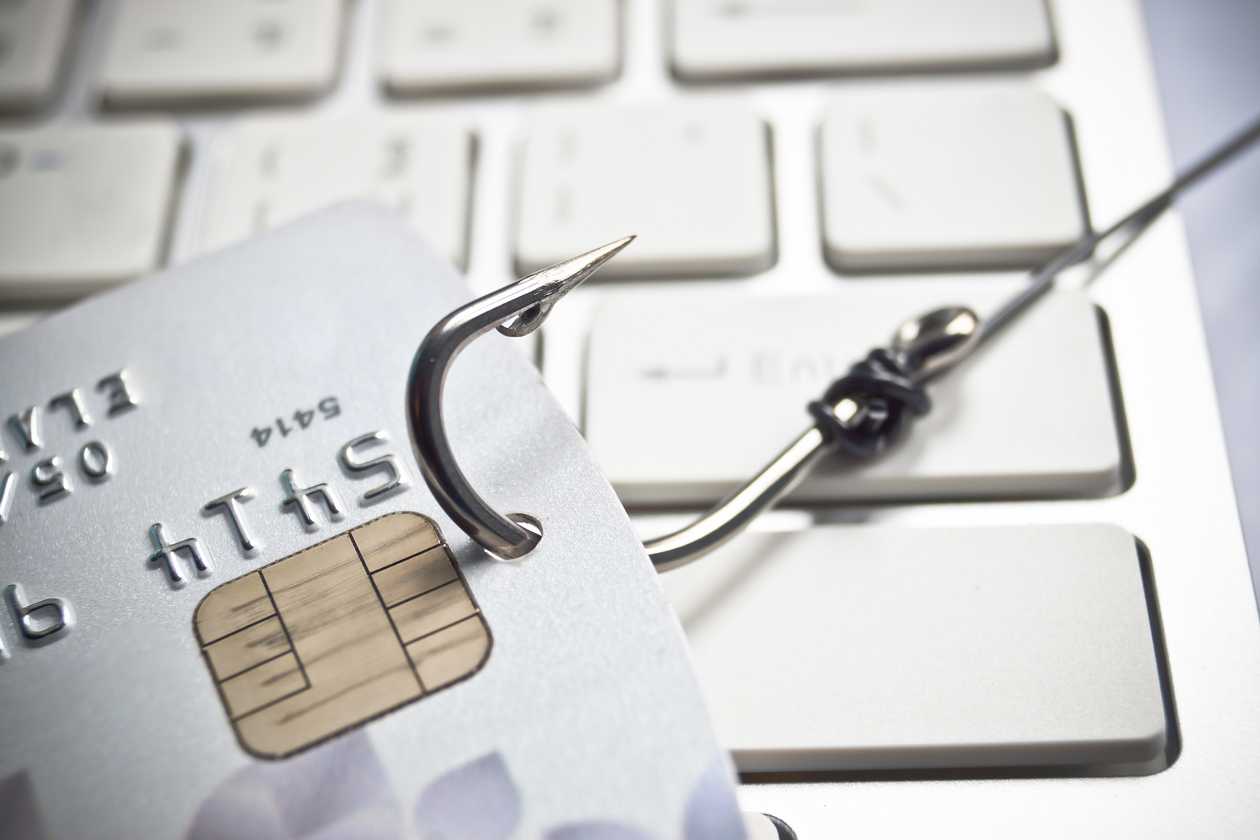Are you tired of the constant stream of financial advice on social media platforms? While TikTok may be great for travel inspiration and fashion ideas, it’s important to approach financial advice with caution. Many content creators confidently offer tips on investing and improving credit scores, but often they get it wrong. One popular example is the “15/3 credit card hack,” which supposedly helps you improve your credit by making multiple payments toward your balance each month. But is it really effective? Let’s find out.
The Truth About the 15/3 Credit Card Hack
According to some TikTok videos, the 15/3 credit card hack works by making multiple payments each month, leading to more on-time payments showing up on your credit reports. However, this claim is far from true. Credit card issuers typically report to credit bureaus once a month, usually on the billing cycle date. Making multiple payments per month does not help demonstrate a more positive payment history. So, what’s the truth behind this hack?
Understanding the 15/3 Credit Card Hack
The 15/3 credit card hack is not much of a “hack” at all. It simply involves making two credit card payments per billing cycle instead of one. The first payment is made 15 days before your credit card’s statement due date, and the second payment is made three days before. The idea is that having two on-time payments reported each month should improve your credit score. However, this is not the case.
How the 15/3 Credit Card Hack Can Actually Help
While the 15/3 credit card hack may not improve your payment history, it can have a positive impact on your credit utilization ratio. Credit utilization ratio is the amount of debt you owe relative to your credit limits. It accounts for 30% of FICO credit scores and 20% of VantageScore 4.0 scores. By making two payments per month, you can lower your credit utilization ratio and potentially boost your credit score in the long run.
How to Follow the 15/3 Credit Card Hack
To follow the 15/3 credit card hack, you can follow a few simple steps:
Step 1
Find out your credit card’s payment due date.
Step 2
Subtract 15 days from the due date and mark this date on your calendar.
Step 3
Subtract three days from the due date and mark this date on your calendar.
Step 4
Make a partial payment 15 days before your payment is due.
Step 5
Three days before your due date, pay the remaining balance on your credit card and enough to cover any new purchases since your billing statement last closed.
Can the 15/3 Credit Card Hack Work with Multiple Cards?
Yes, the 15/3 credit card hack can be used for a single credit card or multiple cards. If you have multiple credit cards, you’ll need to keep track of each due date and payment schedule. Setting up automatic payments or using a spreadsheet can help you stay organized and avoid late payments.
Can the 15/3 Credit Card Hack Save You Money?
Whether or not the 15/3 credit card hack saves you money depends on your overall credit card usage. If you pay your entire statement balance in full each month, you won’t accrue interest regardless of how many payments you make. However, if you carry a balance, credit cards can be an expensive way to borrow money. Consider exploring cheaper options, such as personal loans with lower interest rates.
Other Ways to Boost Your Credit Score
While the 15/3 credit card hack can help improve your credit utilization ratio, there are other proven methods to boost your credit score:
- Keep your credit utilization ratio low.
- Avoid applying for too much new credit.
- Keep old credit accounts open.
- Never make a late payment.
- Utilize credit-building apps.
Conclusion: Paying Multiple Times a Month Helps Your Credit
While the 15/3 credit card hack may not be the revolutionary “hack” it claims to be, paying your credit card bill multiple times a month can help lower your credit utilization ratio. This, in turn, can positively impact your credit score. Remember, take financial advice from social media platforms with a grain of salt and always prioritize making wise financial decisions.

